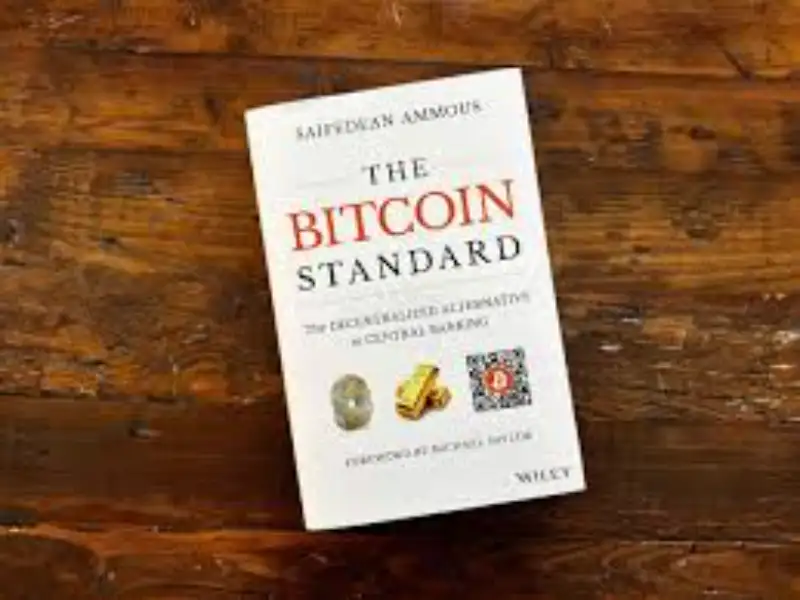- Economist and Bitcoin advocate Saifedean Ammous will help create a new Austrian economics curriculum for Lomond School in Helensburgh, Scotland.
- The initiative aims to promote independent economic thinking and introduce students to alternative financial frameworks, including Bitcoin.
What happened: UK private school to launch Austrian economics curriculum led by Bitcoin author
Lomond School, an independent institution in Helensburgh, Scotland, has announced a partnership with Saifedean Ammous, the author of The Bitcoin Standard, to develop a dedicated Austrian economics curriculum. The course is expected to be introduced in the 2024–2025 academic year and will target senior pupils preparing for university.
The programme will focus on core Austrian School principles, such as individual choice, subjective value theory, and sound money—concepts largely absent from mainstream economics courses. According to the school, the move is designed to offer students an alternative perspective on economic theory, with Ammous playing a key role in shaping both content and delivery.
Also read: Bitcoin outperforms gold and the S&P 500 since Election Day
Also read: JPMorgan: Bitcoin and gold key in currency debasement hedge
Why it’s important
The decision reflects a broader shift in how economics is being taught amid rising interest in decentralised finance and critiques of fiat monetary systems. While Austrian economics has long existed on the fringe of academia, it has gained renewed attention in the wake of global inflation concerns and the rise of cryptocurrencies such as Bitcoin.
By collaborating with a high-profile and often controversial figure like Ammous, Lomond School positions itself at the forefront of a growing educational movement questioning traditional economic models. For students, the curriculum could offer a more diverse and critical foundation in economic theory—potentially influencing future academic and professional pathways.
It also signals a growing willingness among educational institutions to incorporate non-mainstream economic theoriesthat challenge central banking, inflationary policy, and government intervention in markets.

